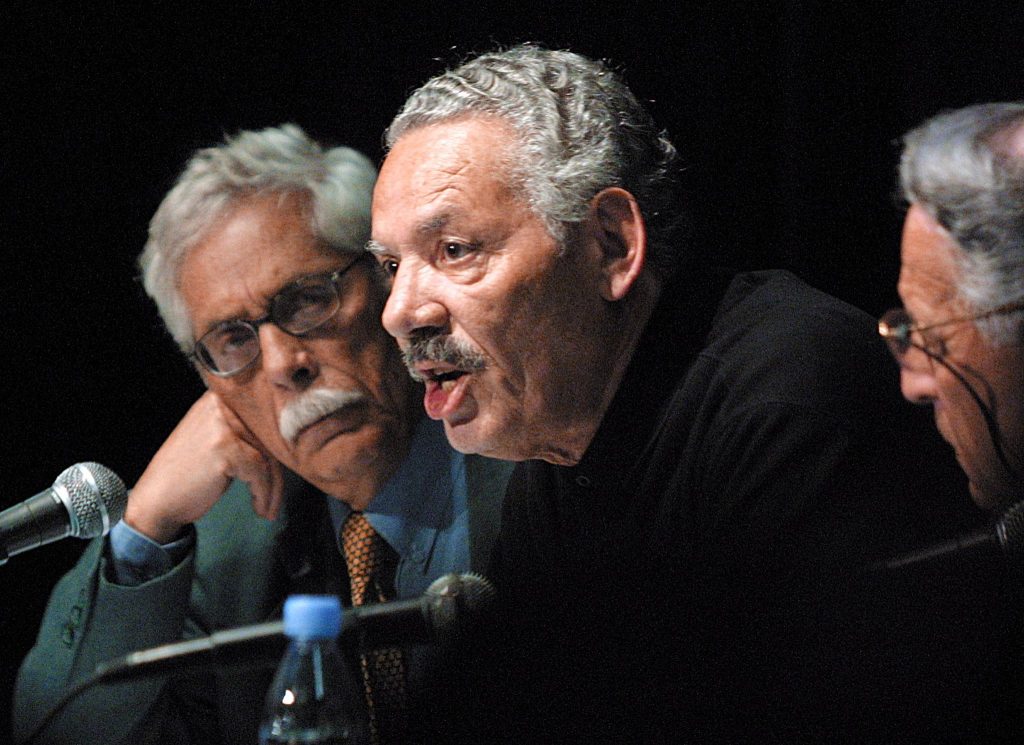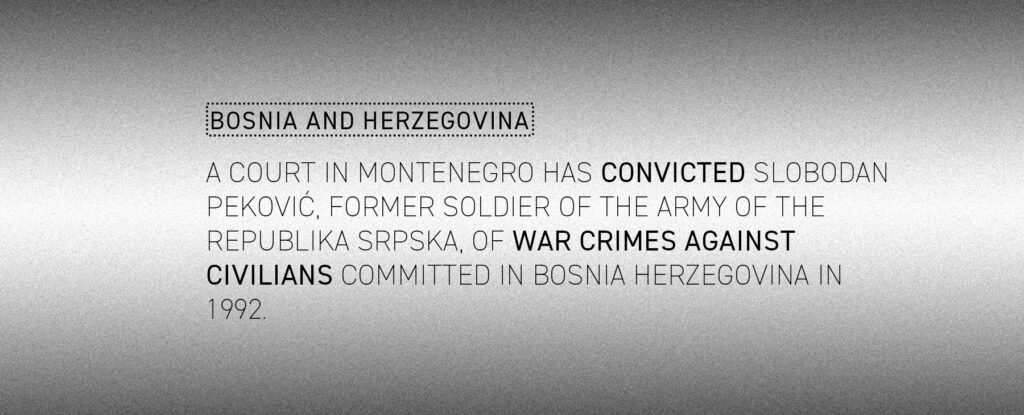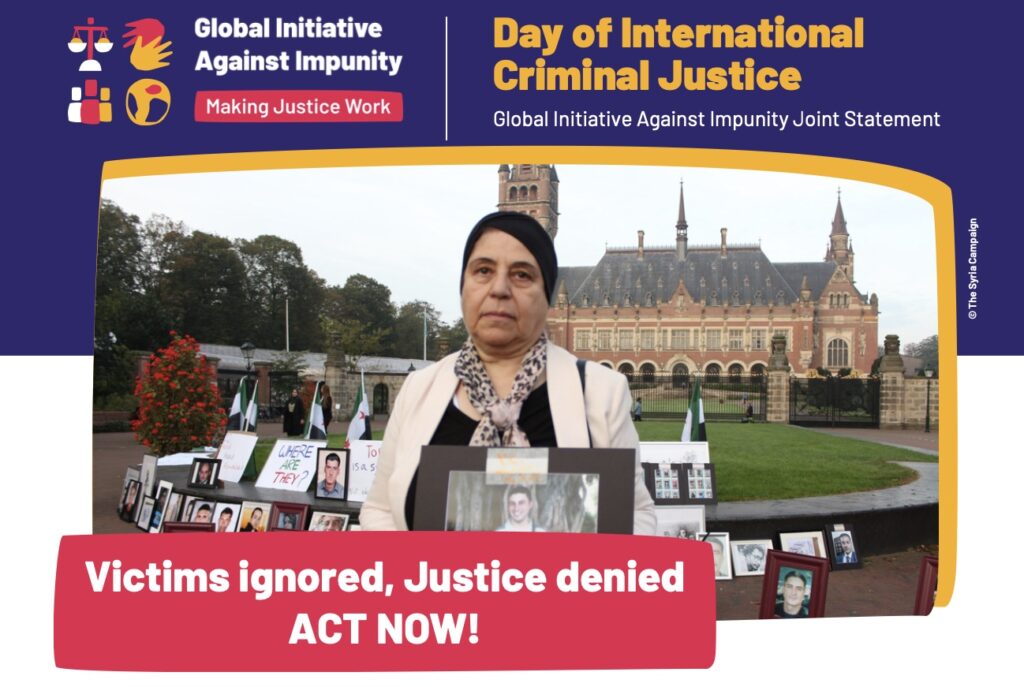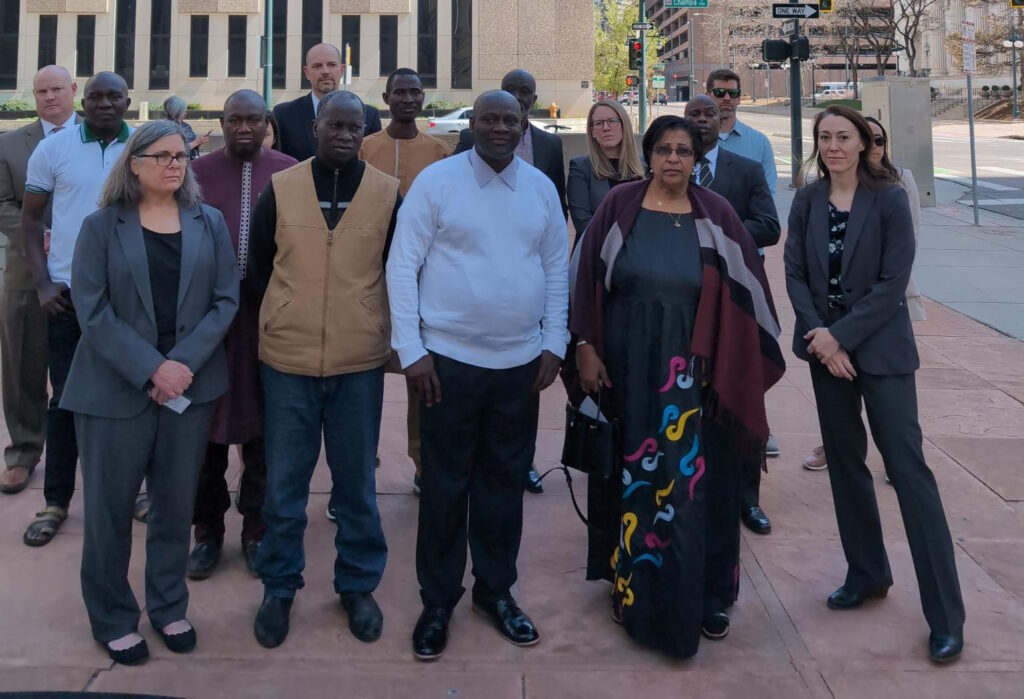Impunity in Nepal: alternative report to Human Rights Committee
In March 2014, the UN Human Rights Committee will review Nepal’s compliance with its obligations under the International Covenant on Civil and Political Rights, a core human rights treaty it has been a party to since 1991. As Nepal submitted its state party report almost 14 years later, this will be the first time the Human Rights Committee has the opportunity to scrutinise the state’s human rights record in almost two decades.
TRIAL and its partners have submitted an “alternative report” to the UN Human Rights Committee to assist a Country Task Force on Nepal ahead of its adoption of a List of Issues concerning Nepal in July 2013 at its 108th session. The report focuses on impunity for serious human rights violations during the period of conflict in Nepal as well as ongoing violations in the post-conflict period, and the obstacles faced by victims in accessing justice, truth and reparation. It documents the overall failure of Nepal to protect and ensure the right to life (Art. 6), the prohibition of torture (Art. 7), the right to liberty and security of person (Art. 9), the right of detainees to be treated with humanity and dignity (Art. 10), the right to recognition as a person before the law (Art. 16), the rights of the child (Art. 24) and the right to an effective remedy (Art. 2.3).
Among the issues addressed in the report are:
Nepal’s failure to bring a single perpetrator of crimes amounting to serious human rights violations to justice in the aftermath of the armed conflict.
Entrenched practices of impunity in Nepal, the withdrawal of criminal cases concerning serious human rights violations by successive government of Nepal and shielding members of the security forces from justice.
Nepal’s attempt to establish a Commission of Investigation into Disappeared Persons, Truth and Reconciliation with the power to grant amnesty to perpetrators of crimes under international law in March 2013.
- Nepal’s ongoing failure to criminalise crimes against humanity, war crimes, torture and enforced disappearance.
- Nepal’s ongoing failure to sanction rape with appropriate penalties and to remove the 35-day limitation on reporting such crimes.
- Nepal’s ongoing failure to provide adequate reparation to both conflict and post-conflict victims of serious human rights violations.
- Nepal’s ongoing failure to establish the fate and whereabouts of some 1,300 alleged cases of conflict-era enforced disappearance and to establish a system for exhumation, identification and return of mortal remains to relatives.
- Nepal’s ongoing failure to provide adequate and effective witness and victim protection and support and to respond to threats and reprisals against human rights defenders and victims who attempt to report crimes committed against them by security forces.
- Nepal’s ongoing failure to prevent and punish serious human rights violations in the post-conflict period, particularly in the Terai region where a pattern of extrajudicial killings, unlawful detentions and torture at the hands of security forces is documented.
- Nepal’s failure to ratify the Rome Statute of the International Criminal Court and the Convention on the Protection of All Persons from Enforced Disappearance.
TRIAL (Swiss Association against Impunity) is the principal author of this report with contributions from the following leading Nepali human rights organisations and victims’ associations: Conflict Victims’ Society for Justice-Nepal (CVSJ-Nepal), Forum for the Protection of People’s Rights Nepal (PPR Nepal), Himalayan Human Rights Monitors (HimRights), National Network of Families of Disappeared and Missing (NEFAD), Terai Human Rights Defenders Alliance (THRD Alliance) and Terror Victims Orphan Society Nepal (OTV-Nepal).








